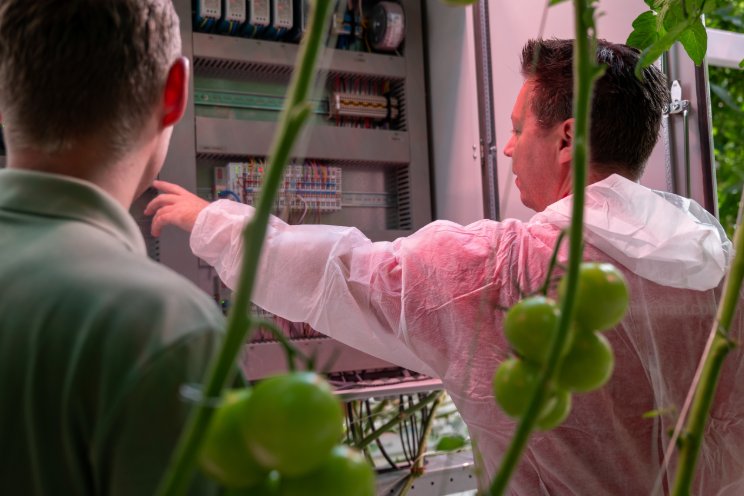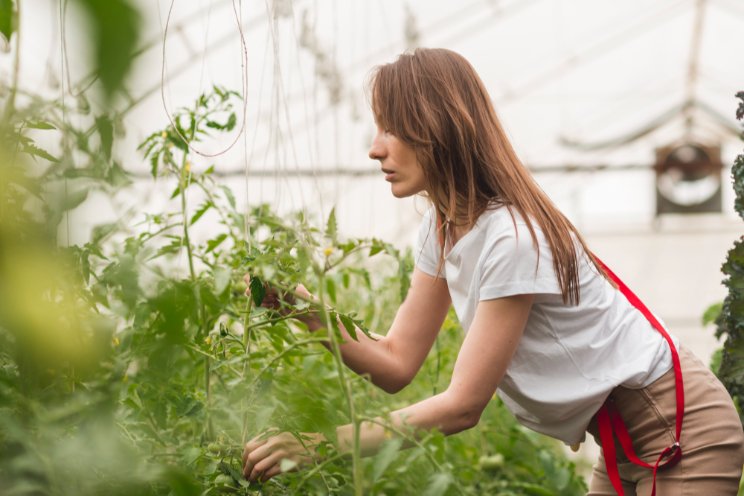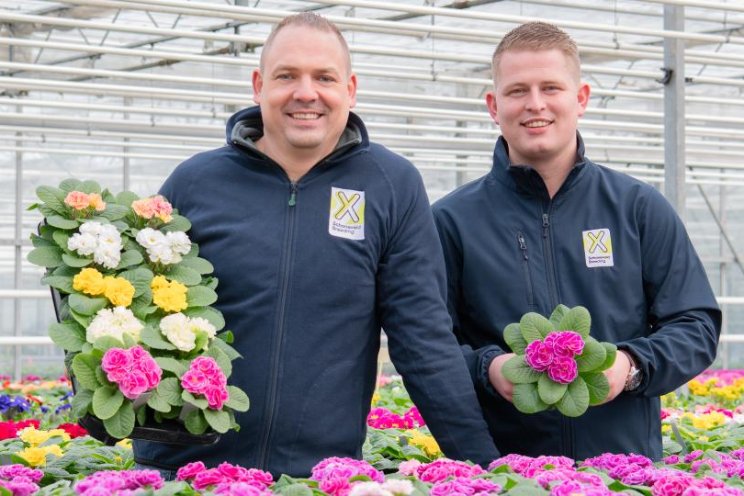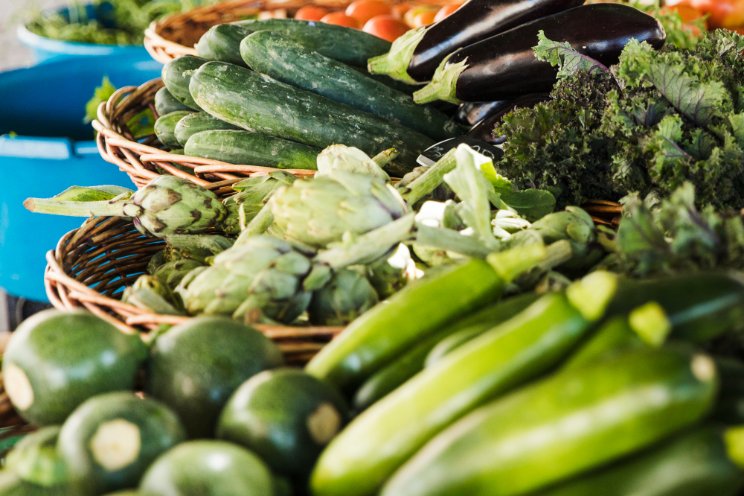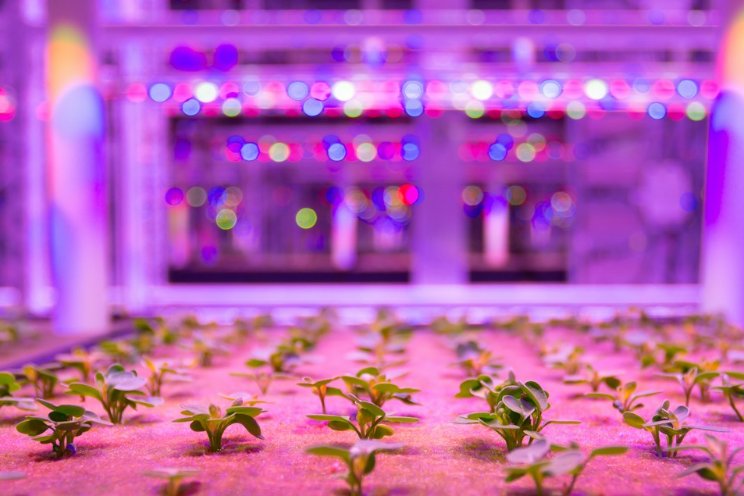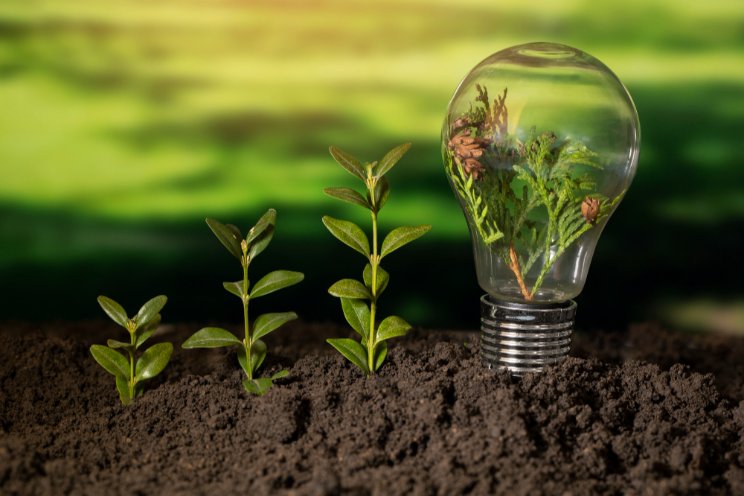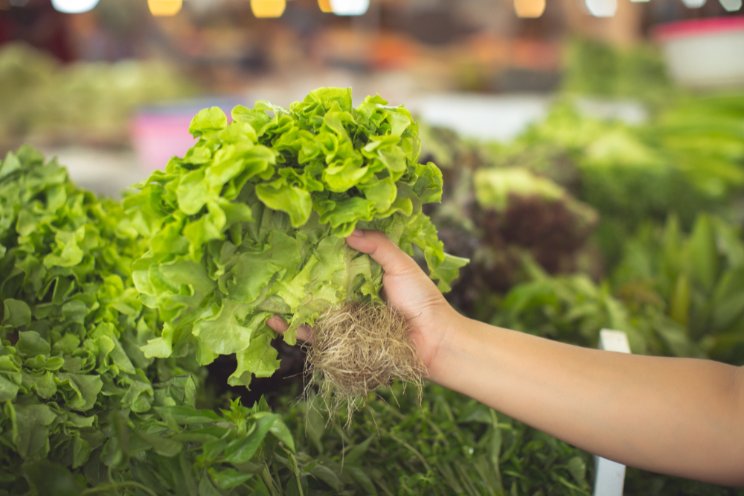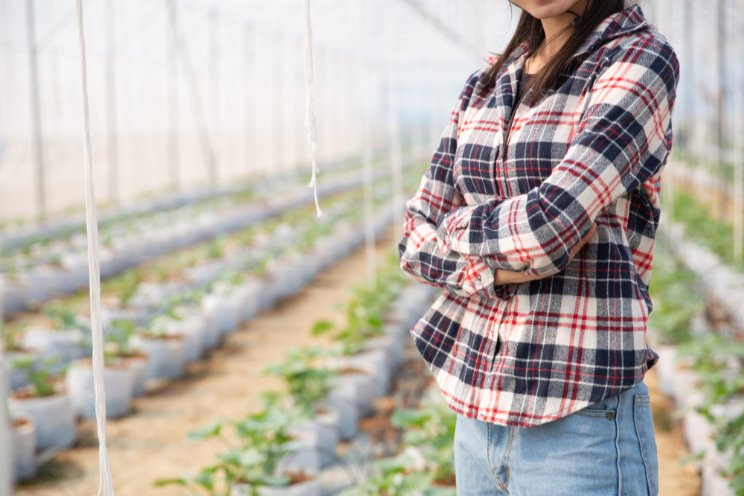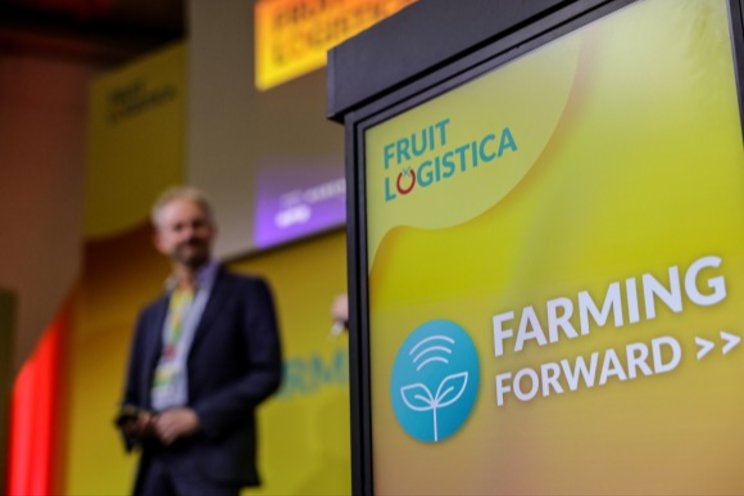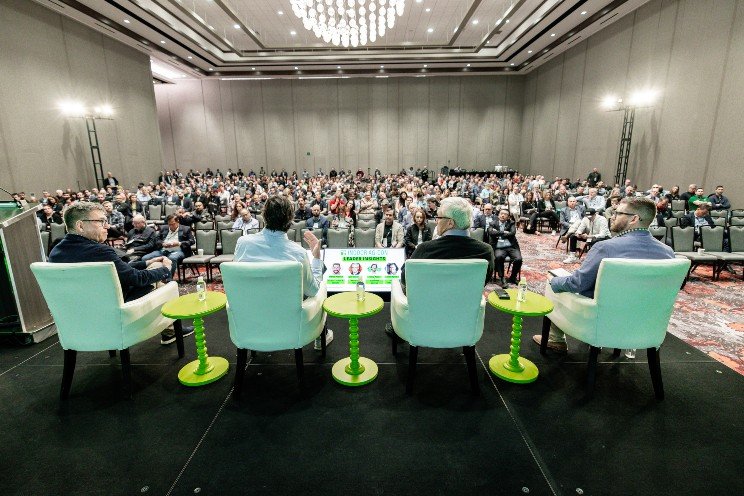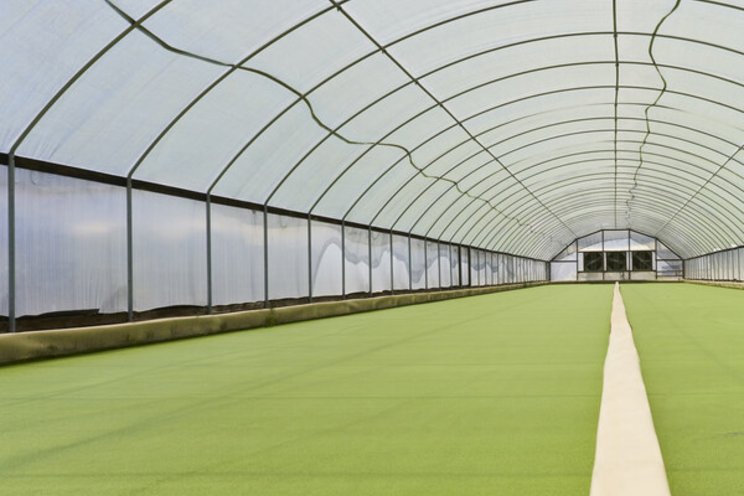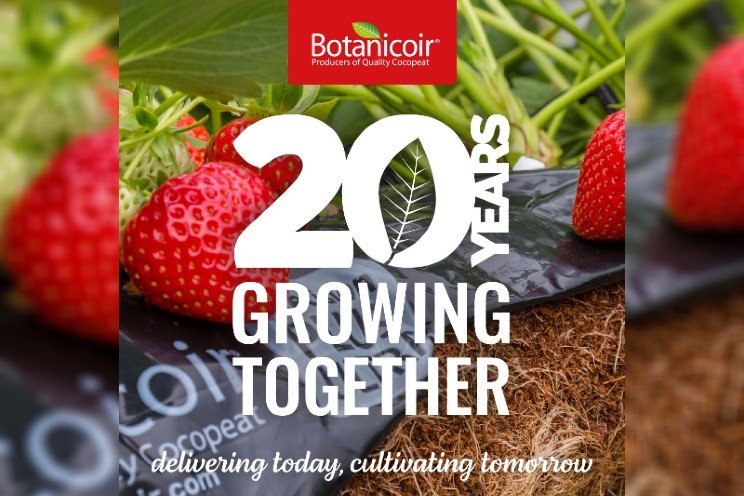Technology key to solving GCC food security riddle
Added on 14 September 2021
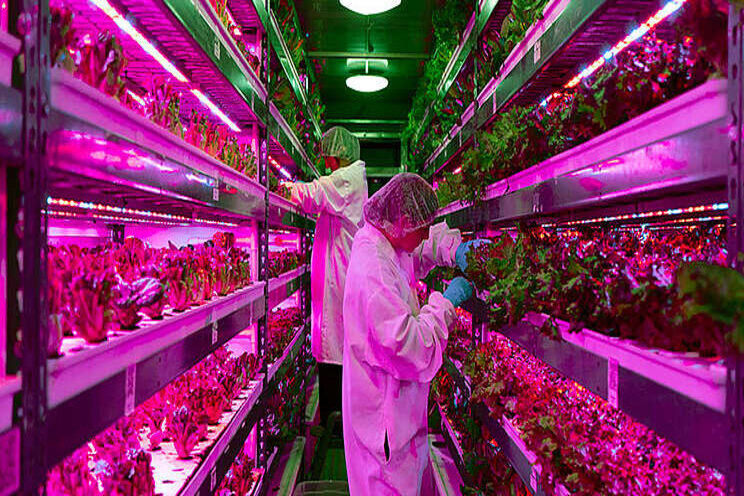
Demand for food in the GCC will skyrocket in the next five to 10 years, and all players - from governments and large institutions to agritech start-ups - need to develop solutions to meet growing food security concerns.
In the desert nation that lacks water, the UAE government has made food security a priority, aiming to be among the top 10 food secure countries this year and achieving zero hunger by 2051 - the year its National Food Security Strategy culminates and the country will seek to be dubbed the most food secure globally.
"We're not really considering the demands on the food sector, [that] are going to be extraordinary over the next five to 10 years. We need to [develop] extraordinary and ambitious solutions," Dr. Bhaskar Dasgupta, associate director of market development at Abu Dhabi Global Market (ADGM) said during a panel discussing the findings of Alpen Capital's GCC Food Industry 2021 report.
According to Alpen Capital, consumption of food is anticipated to grow at 2.3 percent to reach 52.4 million metric tonnes by 2025, with greater emphasis falling on domestic production. Outside the UAE and Saudi Arabia, Oman, Kuwait and Bahrain are forecast to grow at 4.2 percent and 4.1 percent taking higher growth rates in the region.
Overall sector growth will be driven by population expansion as governments enhance economic infrastructure, alongside the much-anticipated revival of tourism as vaccination drives pick up. Upcoming mega events such as Expo 2020 Dubai and the FIFA World Cup in Qatar will also contribute to growth over the next five years, according to the report.
But the road to food security is riddled with roadblocks, and the pandemic has shone a harsh light on deficiencies in the current system, like the disruption caused to transport and logistics networks that spurred higher costs to procure goods, which ultimately hit consumers' pockets. In the region, over 85 percent of food is imported, revealed Alpen Capital.
"Import challenges, amplified by travel restrictions, have cost the GCC countries nearly $270 billion in losses, hitting the hospitality and tourism industries particularly hard," said Sanjay Bhatia, managing director at Alpen Capital.
The pandemic has exacerbated inequality globally, but in the Gulf, governments are looking forward.

Sanjay Bhatia, managing director at Alpen Capital.
"Facing fiscal deficit restraints, they need other sustainable solutions. To complement this, GCC governments have also invested in international farm links, including Ethiopia, Madagascar, Mali, Serbia, Zambia, Sudan to establish strong relations and increase production," Bhatia said.
Beyond the logistical challenges, Dr Dasgupta said there is a looming talent war in the sector.
"The thing we're really worried about is [not having enough] food scientists or those on the financial and logistics side," he said. "There's going to be a war of talent in this critical area."
Technology holds the key
The answer to the sector's scarcity, logistical, and talent issues? Technology, according to Dr Dasgupta.
"Over the past few years there has been a greater focus on enhancing agricultural capability by implementing technologies like vertical farming, aquaponics, hydroponics, etc. to improve self-sufficiency. Many deals concluded as part of the region's strategic plan to improve food security and reduce dependence on imports," he said.

Dr. Bhaskar Dasgupta, associate director of market development at Abu Dhabi Global Market (ADGM).
The global agritech industry is projected to be worth more than $188.2bn by 2025, according to Agri-Epi Centre, and GCC nations have invested heavily in new solutions, from vertical farming to ways to use salt water for irrigation.
From raw agriculture to food delivery, the pandemic has changed how the world eats and delivers food. The e-commerce and grocery delivery market has expanded exponentially, with experts predicting the new reliance on food arriving at your doorstep isn't just a passing fad. The online food services sector is predicted to reach $15bn in 2025 in the Middle East and North Africa, RedSeer research shows.
"Going forward, food aggregators are expected to transform the industry dynamics, and are likely to see traction as consolidation is imminent in the backdrop of Covid-19 to ensure survival," Bhatia said.
Header Photo Caption: Over the past few years there has been a greater focus on enhancing agricultural capability by implementing technologies like vertical farming, aquaponics, hydroponics, etc. to improve self-sufficiency.
Source: Arabian Business
Photo Courtesy of Crop One Holdings, Inc
Source: Arabian Business
More news
